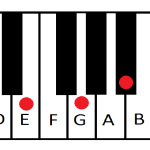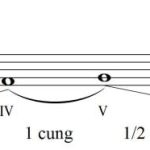Câu hỏi 161. NLĐ có bắt buộc phải ký cam kết ngay khi bắt đầu làm việc để NSDLĐ làm cơ sở cho việc xử lý KLLĐ khi NLĐ vi phạm sau này không?
Quy định của BLLĐ không bắt buộc khi bắt đầu làm việc NLĐ phải ký với NSDLĐ cam kết về những vấn đề chẳng hạn như bảo quản tài sản của doanh nghiệp, không quấy rối tình dục tại nơi làm việc. Tuy nhiên, nếu NSDLĐ muốn áp dụng các hình thức KLLĐ đối với…

















